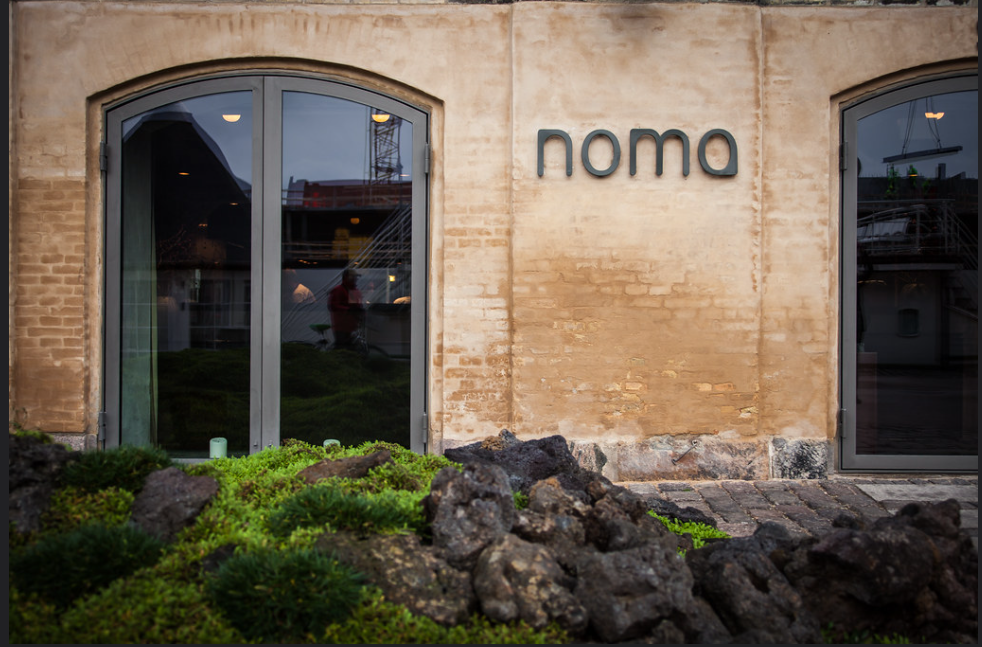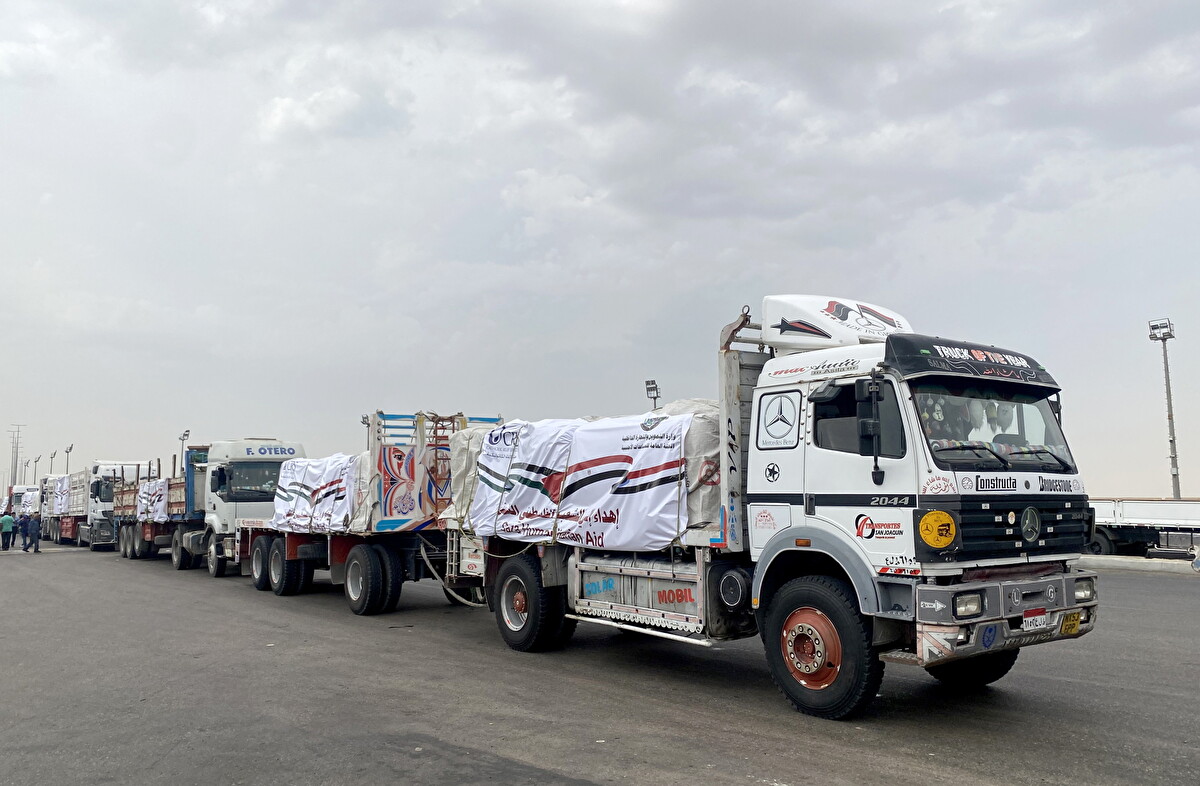Why are fine dining restaurants becoming extinct? The answer is not simple; there are many factors at play. Upscale restaurants are expensive, exclusive, and labor-intensive, requiring highly skilled chefs, staff, and ingredients to create dishes that are innovative, artistic, and refined. All this takes money—lots of it. But this has always been the case, so what has changed to now make them unsustainable?
Even before the calamitous pandemic margins were already parchment-paper thin, and restaurants struggled to remain profitable amid a plethora of challenges. Post-pandemic, those issues became crushing: the rising price of ingredients, changing dining habits, debt obligations, and increased labor costs as some jurisdictions began to phase out the tipped minimum wage, forcing owners to shell out more money to attract and maintain a stable crew.
These restaurants, that have always relied on the few who can afford them, face low profit margins, high overhead costs, and intense competition from more casual and accessible eateries that offer quality food at lower prices. Ideology also changes with the times, and today splurging and excess in general are seen as morally unjustifiable as income inequality has become a social and political hot-button issue. Some fine dining restaurants have come under fire for being elitist, out of touch, or morally suspect, as they cater to a wealthy clientele while exploiting their workers or ignoring the environmental and social impacts of their practices.

Even Michelin starred restaurants are not exempt from criticism and failure. Head chef Alex Greene, a finalist on the UK TV show “Great British Menu,” tells CNN Travel that his three-star establishment EIPIC, “as a whole wasn’t a restaurant that was dying, but people have an expectation when walking through the doors. The cost of delivering that expectation has doubled since lockdown, the cost has spiralled out of control. And we can’t double the price.”
Some of the world’s most renowned fine dining establishments have announced plans to close or change their concept, citing financial and emotional unsustainability.

Noma, the Copenhagen restaurant that helped to define a genre of ultra high-end, locally foraged, and culinarily groundbreaking cuisine, announced that it will close its doors in 2024. The restaurant is known for its whimsical, and some would say pretentious, dishes like Moldy Egg Tart and Reindeer Heart Tartare–this is the kind of cuisine that critics call “tweezer cuisine” for its meticulous and ostentatious detail. But among its supporters René Redzepi, Noma’s co-founder, is known for creating New Nordic Cuisine and inspiring an entire generation of chefs the world over. It was voted The World’s Best Restaurant in 2010, 2011, 2012 and 2014, and garnered three Michelin stars in 2021.
But even all these accolades cannot save it. Redzepi said, “It’s unsustainable…Financially and emotionally, as an employer and as a human being, it just doesn’t work.”
Cedric Maupillier, chef at the upscale Washington D.C. restaurant, Convivial, introduces another painful subject: crime. After the fourth neighborhood shooting in as many months–one that sent people diving under their tables from fear of a mass shooter– Maupillier is coming to the realization that “one day, somebody from my restaurant – a guest or a staff member or myself – is going to get injured or worse because this is the wrong location.”
In cities from San Francisco to Washington, D.C., crime is adding to the already prohibitive cost of running a high-end restaurant.

San Francisco’s Michelin-starred Avery closed on November 4 but is heading for friendlier shores, moving to Scotland.
NoMad, Danny Meyer’s restaurant at the Redbury Hotel, closed on August 25. The hotel, a Manhattan landmark, began housing asylum seekers in partnership with New York City on August 4. A spokesperson for Union Square Hospitality Group announced a week later that both Meyer restaurants at that location were shutting down.
“It is a growing concern, and we’re hearing it nationwide,” said Sean Kennedy, executive vice president of public affairs for the National Restaurant Association. Summing up the challenges, Kennedy added, “Rising food costs don’t work in our favor. Rising labor costs do not work in our favor. Economic uncertainty does not work in our favor…When you add to that the layer of something like people being concerned for their own personal safety, it puts unsustainable pressure on the nation’s second-largest employer.”












